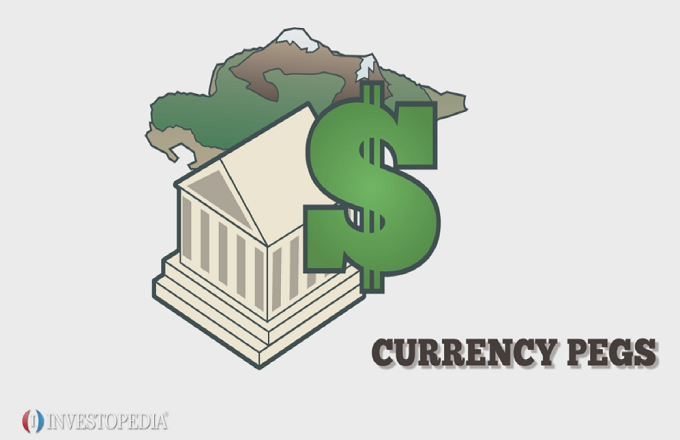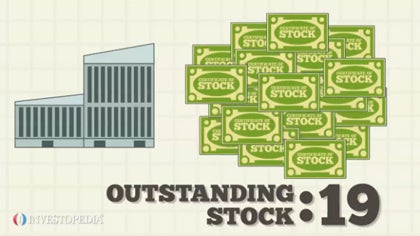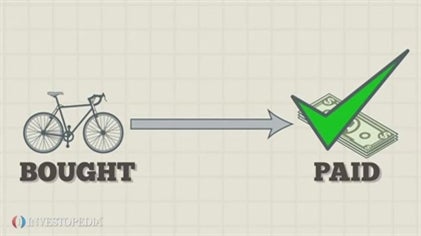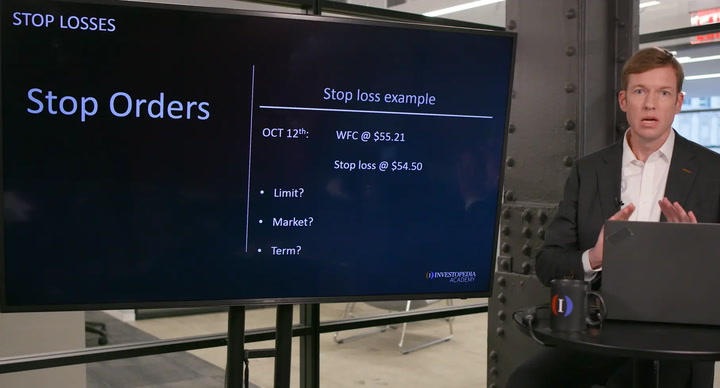Stock buyback refers to publicly traded companies buying back their shares from shareholders. This reduces the amount of outstanding shares in the market and typically, based on simple market dynamics, raises the stock price.Companies fund their buybacks with excess cash. Often the cash is available because the company can find no other profitable business-related alternative to use the money. In addition, a buyback improves various financial ratios. For instance, if a buyback increases the share price, the earnings per share ratio will go up. Companies often use a stock buyback as an alternative to dividends, though they can be done in tandem. There may be a tax advantage to this for the shareholders, as the stock sale might be taxed at a lower capital gains rate than the ordinary income tax rate on the dividend. In late 2014, Mastercard, Inc (MA) announced they approved a new buyback program of $3.75 billion. This came in addition to an existing buyback of $3.5 billion. Mastercard cited their decision to hold another stock buyback as the result of strong financial performance, due to more consumers using their Mastercard credit cards. This left the company with an increased amount of cash to spend. Over the 4th quarter of 2014, during the first stock buyback period, shares of Mastercard rose approximately 25%. This aligns with market dynamics that typically dictate a rise in share price due to reduced outstanding shares as a result of a buyback. Notably, Mastercard also announced it would increase its quarterly dividend by 45% to 16 cents per share. This means, if a shareholder owned 2000 shares of Mastercard, they would subsequently receive a $320 dividend each quarter.





